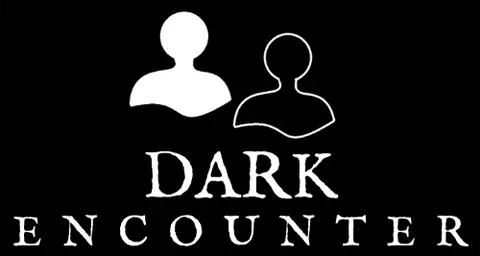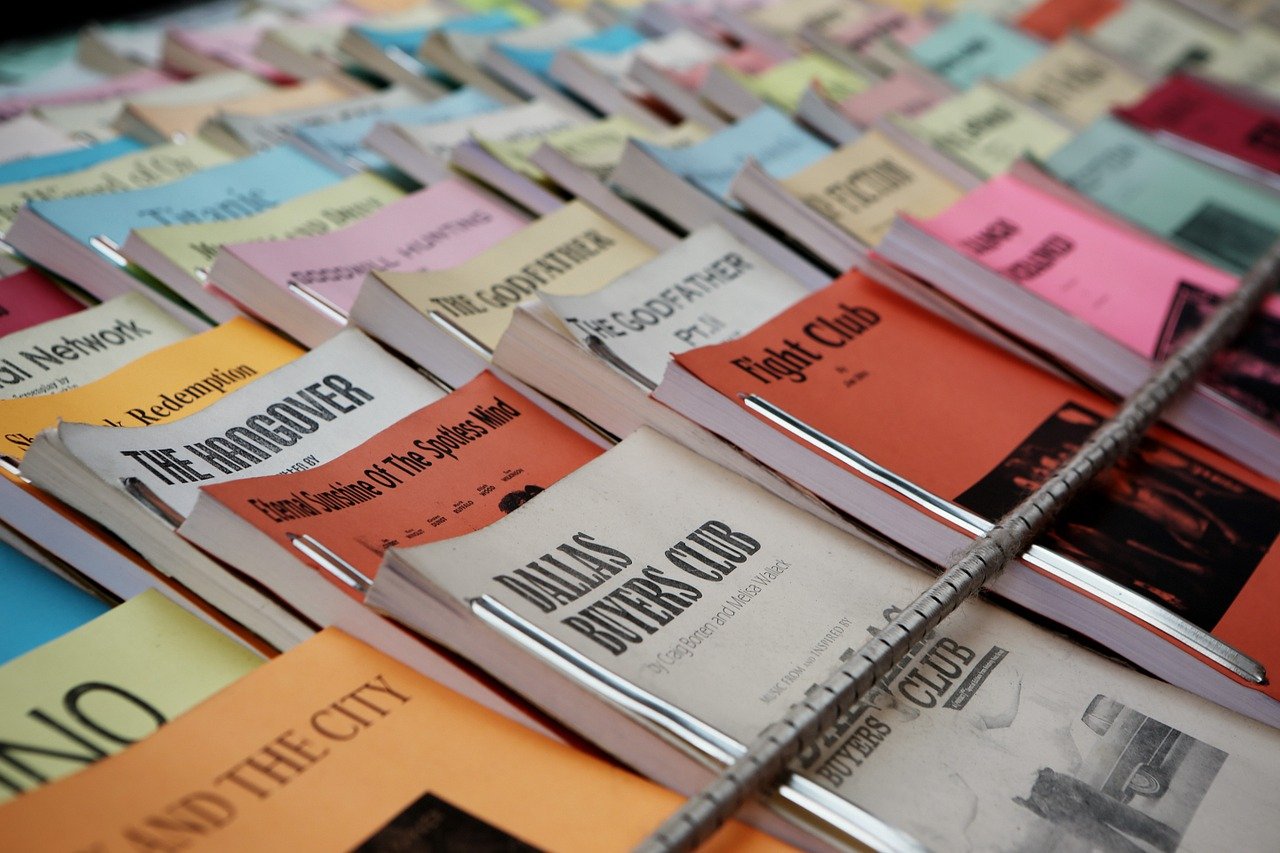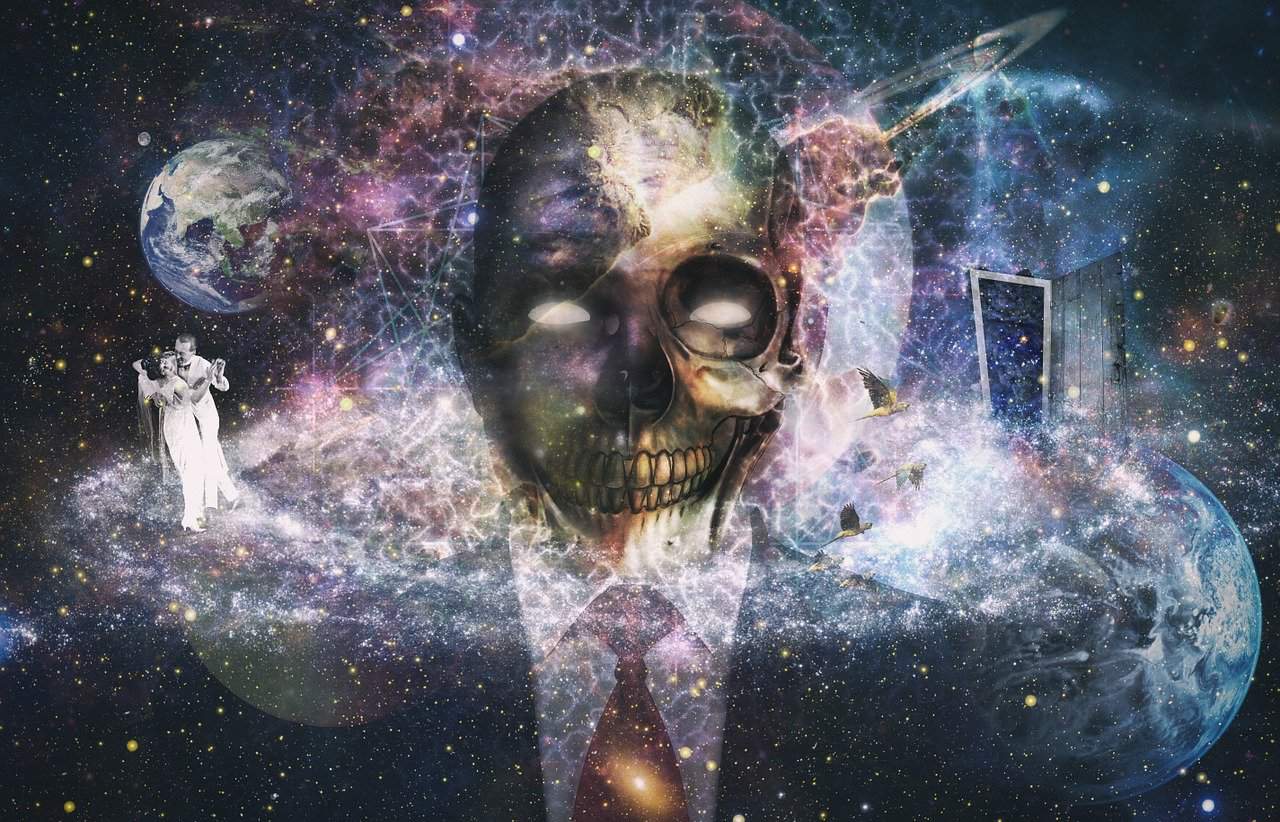If you write horror stories, you will probably consider writing a movie script at some point. Horror movies are a staple of cinema and are likely to remain popular for as long as people watch movies.
To write a horror movie script adjust the length so that one page of the script is roughly one minute of screen time. So your script should be about 110 to 120 pages long. Include a surprise at the beginning, a slow build-up, and show the scariest scenes at the end. Include a good villain or monster, and don’t let the protagonist escape from danger too easily. Use action rather than dialogue to build tension and demonstrate fear.
There are many ways to write a movie script but there are certain elements that are common in horror movies. Here are some general principles that should be helpful.
How Long Should A Horror Script Be?
When writing a horror movie script you might wonder how long your script should be This is because you don’t want your script to be too long or too drawn out. Of course, there are not many rules when it comes to the length of the script if the script is decent.
But generally speaking, your script should be between 110 and 120 pages. This idea is that one script page equals one minute of movie playtime. Thus making your movie run at least 110 minutes long, which makes it long enough for a horror movie.
Though this isn’t always exactly true either, as many horror movies don’t run that long, or they run longer if the scriptwriter thinks it is necessary, be careful about making your horror script too long. As you become an established scriptwriter you can bend the rules more easily.
Make sure to be careful about making your horror script too long. When it comes to horror, the shorter the better. This is because your audience can become desensitized if your movie is too long. Although, if you can write a horror script that is long enough for the story and to do effective horror, then it shouldn’t matter about length if you did it well enough.
So, don’t worry too much about your script being within that 110-120 page mark, just take it as a rule of thumb. If you can find effective ways to make your audience scared then by all means go for it, but don’t overdo it with the same types of scares. This can lead to the next two points as well.
How to Write a Horror Script
Writing effective horror can be a difficult task in its own right. This is because there have been so many ideas that have been used before. But some ideas haven’t been done either, and your idea could be really good. But here we will show you some general rules on what to do and what not to do when writing a horror movie script.
Use action more than dialogue
A good horror movie doesn’t use much dialogue to have the audience know what the protagonist is afraid of. Showing what they are afraid of is better instead. Don’t say too much about the monster, at least until the end. Showing more than telling is a testament to good horror movie writing.
Don’t follow cliche
Try to be more original with your ideas. Try to do stuff that you think hasn’t been done before. Think of some scenes that might’ve never been in a horror movie before, and use them. Originality sets good horror movies apart from bad horror movies.
Feel the fear
Any good horror writer and scriptwriter needs to know fears that commonly freak out people. Going a step further, think about what freaks you out and use that. A good horror writer and scriptwriter does this, they know exactly what scares people because they have experienced it themselves. If this is done correctly, you would be afraid of your own writing, too.
Pacing
Any good horror movie has a surprise beginning, slow buildup, big climax, and saves the scariest scenes until near the end of the movie. With the introduction, try to have a shocking scene that sets the tone and makes people afraid of what’s to come. The first act should be mostly the slow buildup that has a few small scenes that might be a bit scary, this is so you can keep your audience interested. The second act and the end should save the climax and the most horrifying scenes you can come up with.
Don’t make stuff that isn’t believable
True horror is effective when everything in the story is believable. Make everything as life-like and believable as possible. Give a protagonist that the audience can relate to. Give a monster that is both horrifying and believable.
What to include in a horror script
Jump scares
Jump scares and horror go hand-in-hand. These are scenes where a monster might jump out at the protagonist. But be careful about overusing jump scares because they can desensitize your audience.
Gore
Gore is a very effective tool for horrifying your audience. Just like jump scares, gore goes hand-in-hand with horror. But also with jump scares, too much gore can desensitize your audience as well.
A good villain and/or monster
Now you might be thinking to yourself “What horror movie doesn’t have a monster?”. It isn’t that good or bad horror movies have monsters, it’s those good horror movies that have very effective monsters. Come up with a monster that is horrifying but very believable.
Make sure your hero has a flaw, but also a fear
A good protagonist has a flaw or a weakness, for example, Superman’s weakness is Kryptonite. Going a step further, your character should also be afraid of something, but make it so the audience can relate to it. It can be any common fear, even the fear of the dark.
Don’t let your protagonist escape easily
Make sure that your protagonist is in a location where they can’t escape from the horror easily. Make the location isolated, if need be.
Have the monster attack
Write a few scenes throughout the script where the monster attacks the protagonist, to show what the monster is capable of. Save the best scene for last though.
Have a final confrontation
This goes with what we mentioned previously about having the monster attack. Save the best confrontation with the monster as the final scene. Make the protagonist have no choice but to face the monster and their fears, then finally outsmart the monster.
Final Thoughts
Writing a movie script will not involve as many words as writing a book, but the principles are the same. It can also be more difficult since you have fewer words to accomplish the same effect. There are a lot of horror movies you can use as examples to help you work out the common elements to put in your script. Watch a lot of them to get inspired. Happy researching.





